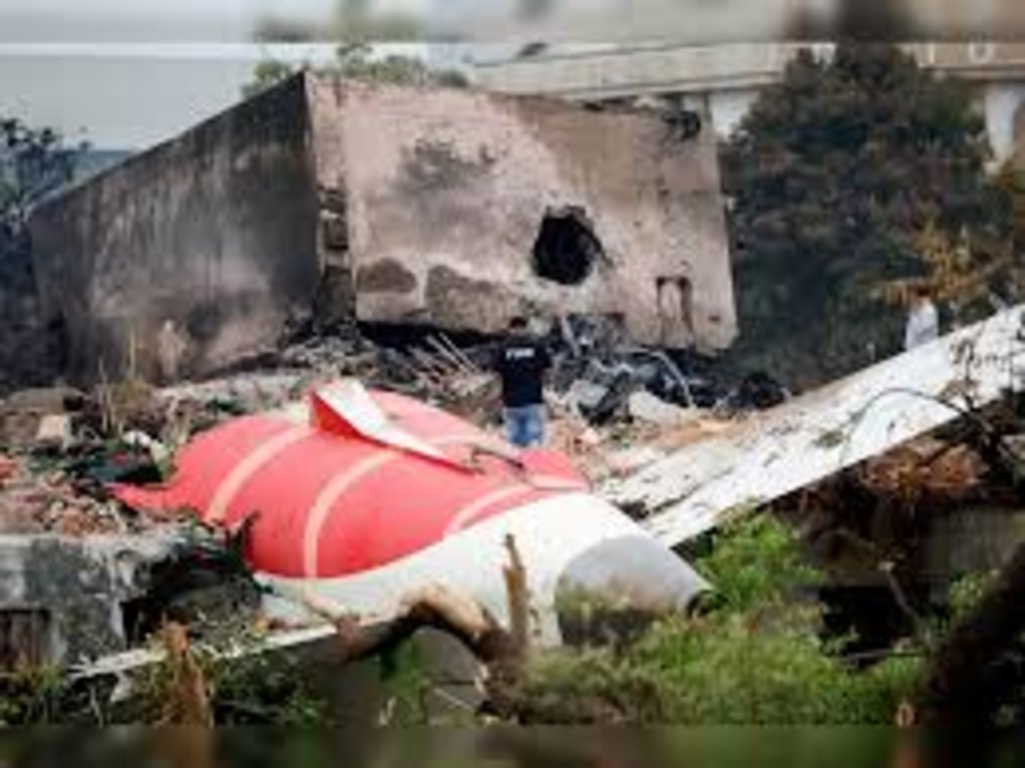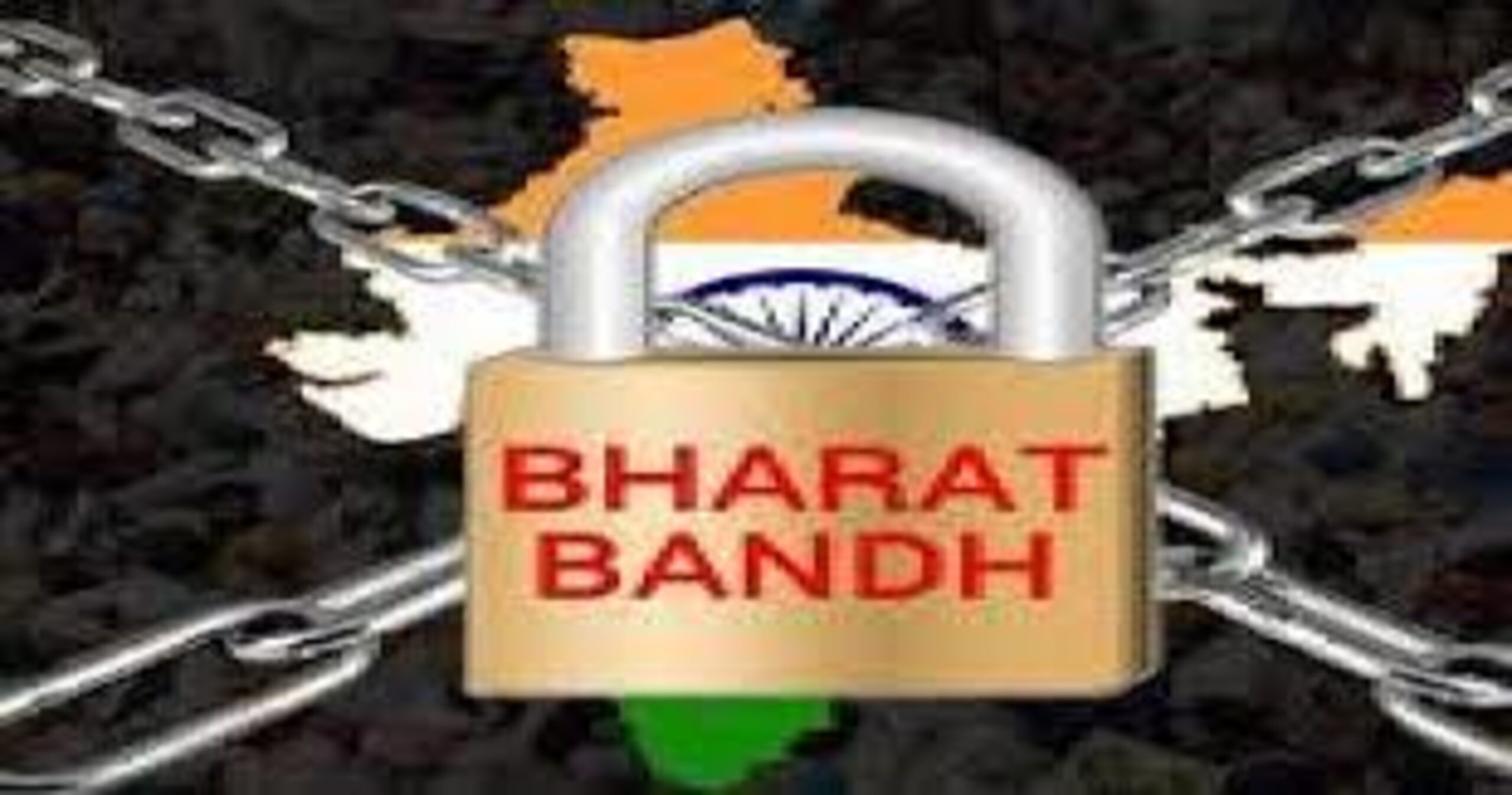What’s Behind the Controversy: IMF Greenlights $1 Billion For Pakistan Despite India’s Objections: Economic Relief or Geopolitical Gamble?
In what could create diplomatic disputes, the International Monetary Fund has gone ahead to approve supplying a $1 billion loan tranche for Pakistan which has been economically struggling for some time now and is on the verge of collapse. These funds come with a lot of criticism however as Pakistan has been accused of supporting terrorism and causing issues in the region. There is always heat surrounding these topics and the region is quite sensitive to these issues.
Preceding the moving shocks of the IMF, Pakistan holds debt risks and default threats and strikingly low reservefunds of less than 4 billion and staggering inflation rate of 38%.
Pakistan:
India’s Protest: Claiming Pakistan levying military and terrorist charges aiding expenses allocating aid to advance funds
Political warfare: Support of Pakistan through China combating India’s decreasing influence on the IMF is the 5th largest global economy competing fiercely with China.
An anonymous Indian official bluntly put: “Fulfilling Pakistan’s financial request of neglecting how funds are spent perpetuates hostile policies and describes how aid is given.”
Breaking Down The Loan Conditions
Part of a 3 billion dollar stand by arrengement, IMF’s loan comes with certain constraints which set:
Psuedo-socialism characterized by elevation in taxes, decrease in military spending subsidised fueling, increase in selling the international gas price, Reform: free the Pakistan International Airlines from Dominion rule.
Austerity Measures: Increased fuel prices, reduced subsidies, and enhanced electricity costs. Measure saving money of selling state property like the Pakistan International Airlines.
Accountability: assure proper usage of funds not fueling offense, debt contracted and payment for defense and disbursing. Providing clear evidence the resources supporting the objectives are not being spent on undeclared attack funds placed on aggression spent on forces of arm yielding supplies.
These decisions, as explained by the economist Dr. Ayesha Siddiqi, will ‘push millions deeper into poverty’. The economist says that ‘without the IMF, Pakistan collapses’.
India’s View: ‘Blood Money for Terror?’
While many of their concerns are symbolic (India holds 2.7% of IMF voting rights whereas the US holds 16.5%), still provides a basis for Pakistan being put under watchlist:
Cross Border Terror: India has encased to mention how Pakistan funds terror groups like Lashkar-e-Taiba.
Military Financing: Health and education have always been left in the dark in Pakistan’s $7.8 billion defense (2024) budget.
Diplomatic Faux-Pas: Comes weeks after India paid $3 million USD for IMF fund to fight ‘Poverty’ utilized in reserve.
IMF said: “We’re Saving Lives, Not Governments”
“Georgieva claimed funding having safeguards to stop money diversion, a claim viewed skeptically as ‘naive’” (x) PC Kristalina. “With funds pre-defined for Pakistan, lack of economic ease would spiral into humanitarian crises for 240 million people’.
Pakistan: This enables desperate relief for families grappling with hyperinflation. Karachi shopkeeper Ali Raza says ‘This loan is our last hope.”
Outrage on social media from India pushed up #StopFundingTerror to the trending list. “Why reward a rogue state,” says user @PatrioticInd despite pushback from global experts who have warned of moral hazard while saying, “no better option admitted is a catch-22”.
Counter argument exposes consequences of relieving Pakistan of aid.
Pakistan Stablizes: Sustained reforms drive growth easing regional tensions.
Funds Diverted: ‘Crisis plunging the country to default and soar above the refugee crisis’ downed by IMF withdrawal claims.’
India Attacks: Cuts ties with Pakistan and uses India’s growing alliances to ‘Retaliate free fund Pakistan pulls back funds from future loans’.
Update: A Wallet-Sapping Tightrope Walk
The IMF deals could offer Pakistan some relief; however, they put off India while giving fuel to Islamabad’s reckless tendencies. It’s painfully clear: While the protests are ongoing and the rupee crashes, this $1 billion represents, at minimum, a geopolitical hotspot.







The IMF’s decision to approve a $1 billion loan for Pakistan is indeed a controversial move, especially given the accusations of Pakistan’s involvement in regional instability. It’s hard to ignore the geopolitical tensions, particularly with India’s strong objections and China’s support for Pakistan. The conditions attached to the loan, like increased taxes and reduced subsidies, seem harsh and could worsen the economic situation for ordinary citizens. Dr. Ayesha Siddiqi’s warning about pushing millions into poverty is alarming and raises questions about the long-term impact of such measures. How can the IMF ensure that these funds are not misused for purposes other than economic recovery? It’s a delicate balance between providing aid and addressing the underlying issues. What’s your take on whether this loan will truly help Pakistan or if it will exacerbate the existing problems?